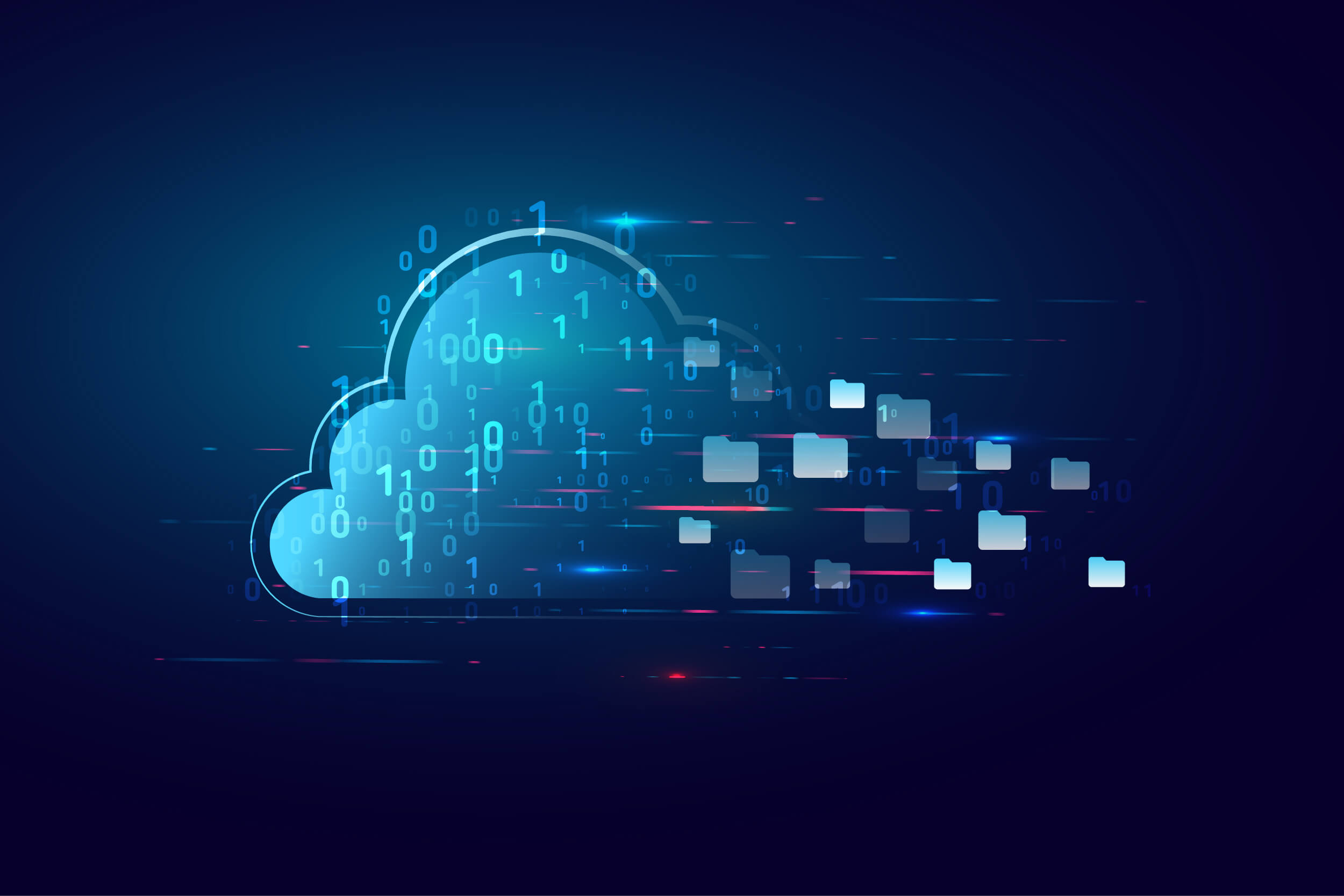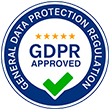Safeguarding Your Business with Cloud Security
In today’s digital landscape, where businesses soar to new heights powered by technology, cloud computing has emerged as a transformative force. With its flexibility, scalability, and efficiency, the cloud has revolutionized the way businesses operate. However, this ascent to the cloud comes with its own set of security challenges. In this blog post, we will take a closer look at the importance of cloud security for your MSP business and how you can ensure a safe journey for your clients’ sensitive data.
Understanding Cloud Security: Fortifying Your Digital Skies
Cloud security is the practice of safeguarding data, applications, and infrastructure in cloud environments against a range of cyber threats and vulnerabilities. As an MSP, your role in ensuring robust cloud security is paramount, as your clients rely on your expertise to navigate this dynamic and potentially perilous terrain.
1. Shared Responsibility Model
One of the first steps in understanding cloud security is grasping the shared responsibility model. Cloud service providers (CSPs) and their clients share responsibilities for securing different aspects of the cloud environment. While CSPs are accountable for securing the physical infrastructure and ensuring the availability of cloud services, clients are responsible for securing their data, applications, and access to the cloud resources.
2. Data Encryption: Locking the Vault
Data encryption stands as a cornerstone of cloud security. By encrypting data at rest and in transit, you can ensure that even if unauthorized access occurs, the data remains incomprehensible. This layer of protection prevents sensitive information from falling into the wrong hands and helps your clients maintain compliance with data protection regulations.
3. Identity and Access Management (IAM)
In the cloud, controlling who has access to what is of utmost importance. IAM enables you to manage user identities, permissions, and authentication mechanisms effectively. Implementing strong IAM practices ensures that only authorized personnel can access critical resources, reducing the risk of data breaches and unauthorized activities.
4. Multi-Factor Authentication (MFA)
In the realm of cloud security, relying solely on passwords is no longer sufficient. MFA adds an additional layer of security by requiring users to provide multiple forms of verification before gaining access. This minimizes the chances of unauthorized access even if passwords are compromised.
5. Continuous Monitoring and Incident Response
As cyber threats evolve, a proactive approach to security is essential. Implementing continuous monitoring mechanisms allows you to detect and respond to suspicious activities in real-time. Having a well-defined incident response plan ensures that, in the event of a security breach, your team can swiftly contain the threat, minimize damage, and restore normal operations.
Conclusion
In the dynamic landscape of cloud computing, ensuring robust security measures is non-negotiable. By embracing cloud security best practices, you not only shield your clients from potential threats but also foster a culture of trust and dependability. As an MSP, your role extends beyond technology; it encompasses the responsibility to guide businesses through the intricacies of the cloud while keeping their data safe from harm. With the right approach, you can navigate the skies of security with confidence, elevating your MSP business to new heights.












